2011 by the Board of Trustees
of the University of Illinois
All rights reserved
Manufactured in the United States of America
C 5 4 3 2 1

This book is printed on acid-free paper.
Library of Congress Cataloging-in-Publication Data
Cloud, Dana L.
We are the union : democratic unionism and dissent at Boeing / Dana L. Cloud with R. Keith Thomas.
p. cm.
Includes bibliographical references and index.
ISBN 978-0-252-03637-8 (cloth : acid-free paper)
1. Labor unionsKansasWichita. 2. International Association of Machinists and Aerospace Workers. 3. Boeing Aerospace CompanyManagement. 4. Strikes and lockoutsKansasWichita 5. DissentersKansasWichita
I. Thomas, R. Keith. II. Title.
HD6519.W52 I6 2011
331.88'1291300973dc22 2011015096
Preface
In June 1996, I attended a panel on the prospects for the labor movement at an activist conference in Chicago. On that panel was a union activist from Wichita, Kansas. His name was Keith Thomas, he worked at The Boeing Company, and he had a story to tell. The labor movement had been in a bad way through the 1980s and into the 1990s; many thousands of hardworking people found themselves with little defense against eroding union rights, falling wages and benefits, outsourcing and off-loading, and the pressure to increase productivity at all costs. Thomas, however, gave a presentation infused with optimism about the events of a strike of the International Association of Machinists and Aerospace Workers (IAMAW) against Boeing. Something incredible had happened. Boeing was ruthless in its demands during the 1995 contract negotiations for concessions. The union leadership, sluggish in its bureaucratic history and leery of a fight, prepared to take concessions. They presented two contract offers to the membership, which voted the first one down. The second contract was pitched as Boeings last, best, final offer. The leadership recommended a vote.
It came as a shock to everyone, except maybe the rank and file, that the membership, nearly univocally, voted it down. Thomas recounted how Boeing had been so confident that the union would sell the contract to the workers that the company had sent welcome back letters to thousands of strikers. The picket lines after the vote became rows of white flags as workersstill on strikewaved their welcome back letters at passing cars and media crews.
Thomas had been among a number of reformers inside his union struggling to jar union leadership into standing up for the rank and file. His group had been agitating on the shop floor for months, running campaigns for union office, and building a small organization called Unionists for Democratic Change. The defeat of the second contract was a sign, to the activists and to all interested in the fate of American labor, that the rank and file could become once again a force for change.
Thomass presentation was riveting. I fell in love, as they say about journalists who become invested in the stories they help others to tell. In addition to my being an activist in the labor movement, one reason that I fell so hard is that, as an activist and a communication scholar, the most compelling questions guiding my scholarly work and political activity are: How do ordinary people, through communication and experience, come to a sense of themselves as agents capable of radical social transformation; and how do they accomplish such transformation even when constrained by any number of institutional and cultural forces arrayed against them? Another way of putting these questions is to ask about when, how, and why ordinary people successfully craft resistance in a complex array of institutional, rhetorical, and economic forces. In a way that may speak profoundly to all scholars and practitioners of resistance, the dissident movement at Boeing promised some answers to these questions.
Focusing on the period from 1989 forwardwith 1995 as a crucial turning pointthis book tells three stories about the company and the union at Boeing: the history of the company, pressing workers in the name of competitiveness; the one told by entrenched union leaders, urging concessions for job security; and the one told by democratic unionists inside the union who gave voice to an already palpable rank-and-file upsurge against not only the Boeing Company but also union leaders who urged concessions and quietude. The contrast between these three stories points to how ordinary working people come to a sense of themselves as agents of their own future in spite of institutional structures that work to bind them to the past.
Understanding how working people can command their own futures has become that much more urgent today with the U.S. (and the world) economy in free fall. As the auto industry received an enormous bailout from the federal government, executives blamed unionized workers for the companys economic crisis.
During the 2007 strike at GM, Alan Benchich, president of UAW Local 909, told the New York Times: Were not overpaid and underworked. The fact is that the ones [other workers] who claim that are underpaid themselves. And the reason they are underpaid is because were unionized, were organized, and they are not.
Since the 1970s, in fact, workers in the United States and around the world have felt the consequences of neoliberal restructuring, which has included outsourcing and offshoring, attacks on pensions and health care, and the turn in management methods to lean manufacturing and worker-management teams. These pressures contributed heavily to a steep decline in union power. However, events at Boeing in 1995 (and since) demonstrated that workers could stand up to these trends. Against a profitable global company and a recalcitrant union, the rank and file interrupted the drive for concessions and defended their standard of living.
Although there have been and continue to be other examples of this sort of resistance, union representation and strength in the United States is at an alltime low. If anything, neoliberalism in crisissince the 20072008 implosion of the world economyis even more ruthless than neoliberalism in power, as corporate leaders scramble to restore profitability on the backs of workers from whom more and more is demanded in less and less time. Events in 2011 in Wisconsin have demonstrated the kind of challenge that is needed to take on sluggish union bureaucrats and politicians hell-bent on extracting concessions from workers and breaking their unions. In February 2011, thousands of Wisconsin state employees rose up to challenge Governor Scott Walkers plans to cut into wages and health care and to end collective bargaining rights in the state. Workers took over the state capitol chanting, Whose House? Our House! Workers Power! and General Strike! Some 150,000 demonstrated outside the building on March 11. However, after these inspiring events, Walker pushed through legislation ending bargaining rights. On the run, official union leaders sacrificed their workers in a round of concessions to the state and teamed up with Democratic politicians aiming to supplant Walker and his cronies in the next election cycle. Meanwhile, the militancy of the rising working classsomething not seen in the United States in several decadeswas squandered, at least for the moment. What if there had been a democratic union movement in place? Will we see such a movement arise in the wake of the passivity of entrenched union leaders?
It is clear that what is needed now more than ever is a revival of militant unionism. Achieving this goal is hampered, however, by an insular union officialdom used to taking concessions and reluctant to fight. Union leaders like those in the IAMAW at Boeing have embraced team-based management programs, teambased safety initiatives, and quality through training programs, putting workers in alignment with management rather than sharpening the antagonism necessary to a strong union movement. This book is about how small groups of workers have agitated for greater democracy, transparency, and fighting spirit on the part of their unions. These rank-and-file reform groups, in my view, offer a vision of a future, more powerful labor movement and a method for getting there.

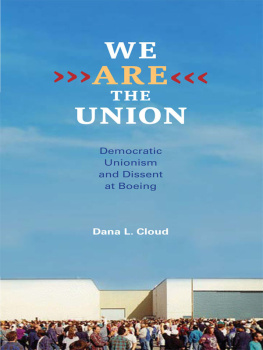

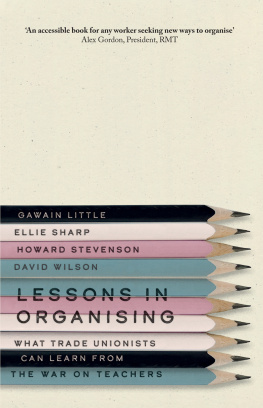
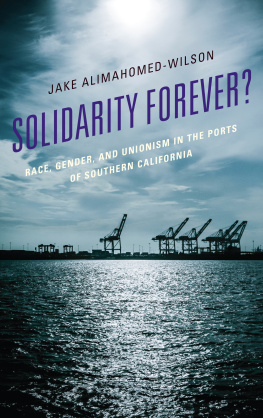

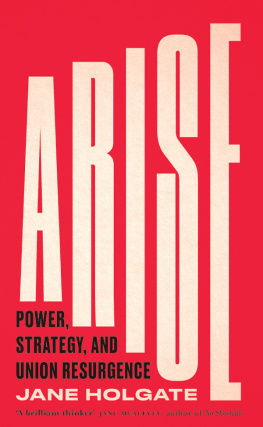
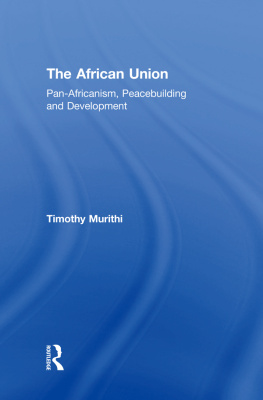
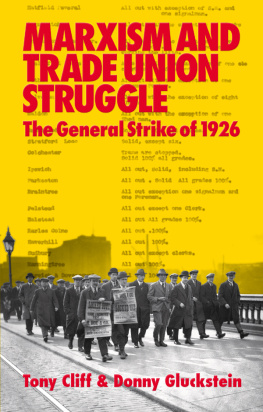
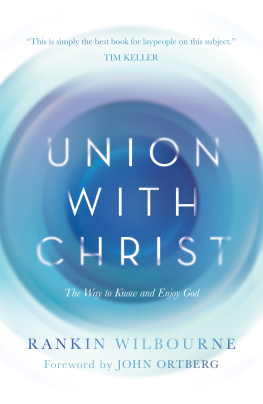
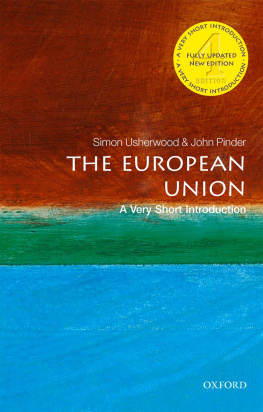
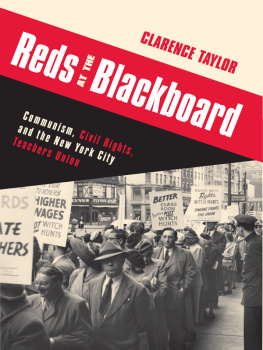
 This book is printed on acid-free paper.
This book is printed on acid-free paper.